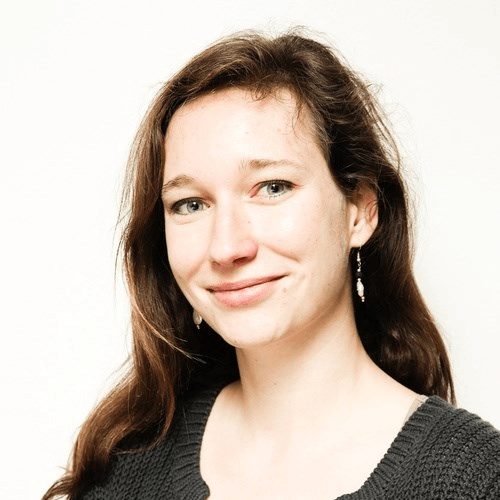Wood biomass is a clean alternative to unsustainable petrol-derived materials, fuels and chemicals, but its use is limited as it requires fractionation, a complex and costly separation process.
Lixea, an Imperial College London spinout, has developed a sustainable, cost-effective method for biomass fractionation - the process for separating wood components for use in other materials.
Lixea’s technology makes uses of low-cost ionic liquids to separate wood components. Known as BioFlex, the technology serves as a one-size-fits-all process for use with different types of biomass including waste wood, agricultural by-products and sustainably grown energy crops.
Over 1.6 billion tonnes of waste woody biomass are available globally in forms such as waste wood, palm residues and wheat and rice straw. This is a significant market that could make use of Lixea’s solutions to turn wood biomass into components, cellulose and lignin. These can then be used to make products including papers and films, bio-plastics and fine chemical and bio-derived adhesives.

Named as one of Europe’s most promising game-changers under 30 by Forbes, Dr Florence Gschwend has continuously engaged in entrepreneurial initiatives both during her PhD and since. Her interest in using engineering for societal and environmental benefit inspired the development of Lixea. Florence now leads the spinout in designing a pilot facility to refine its technology.
Dr Gschwend was awarded a 2018 Enterprise Fellowship to support her work in developing the BioFlex technology and the growth of Lixea as it prepares to bring its solutions to market.
Associated Programme

